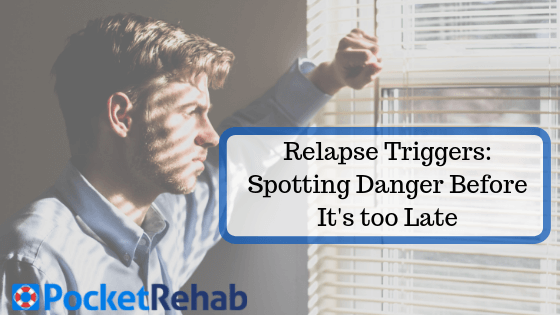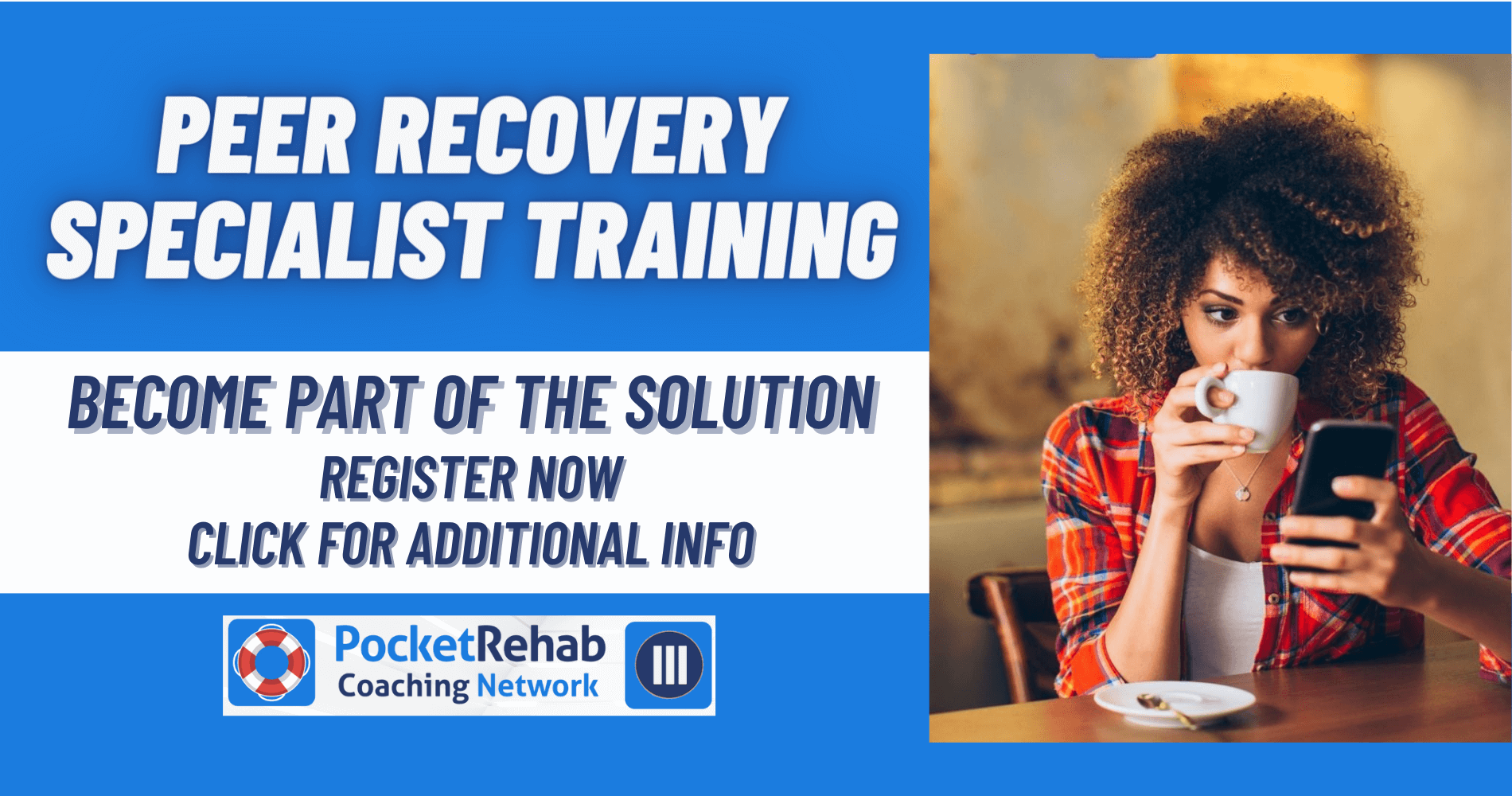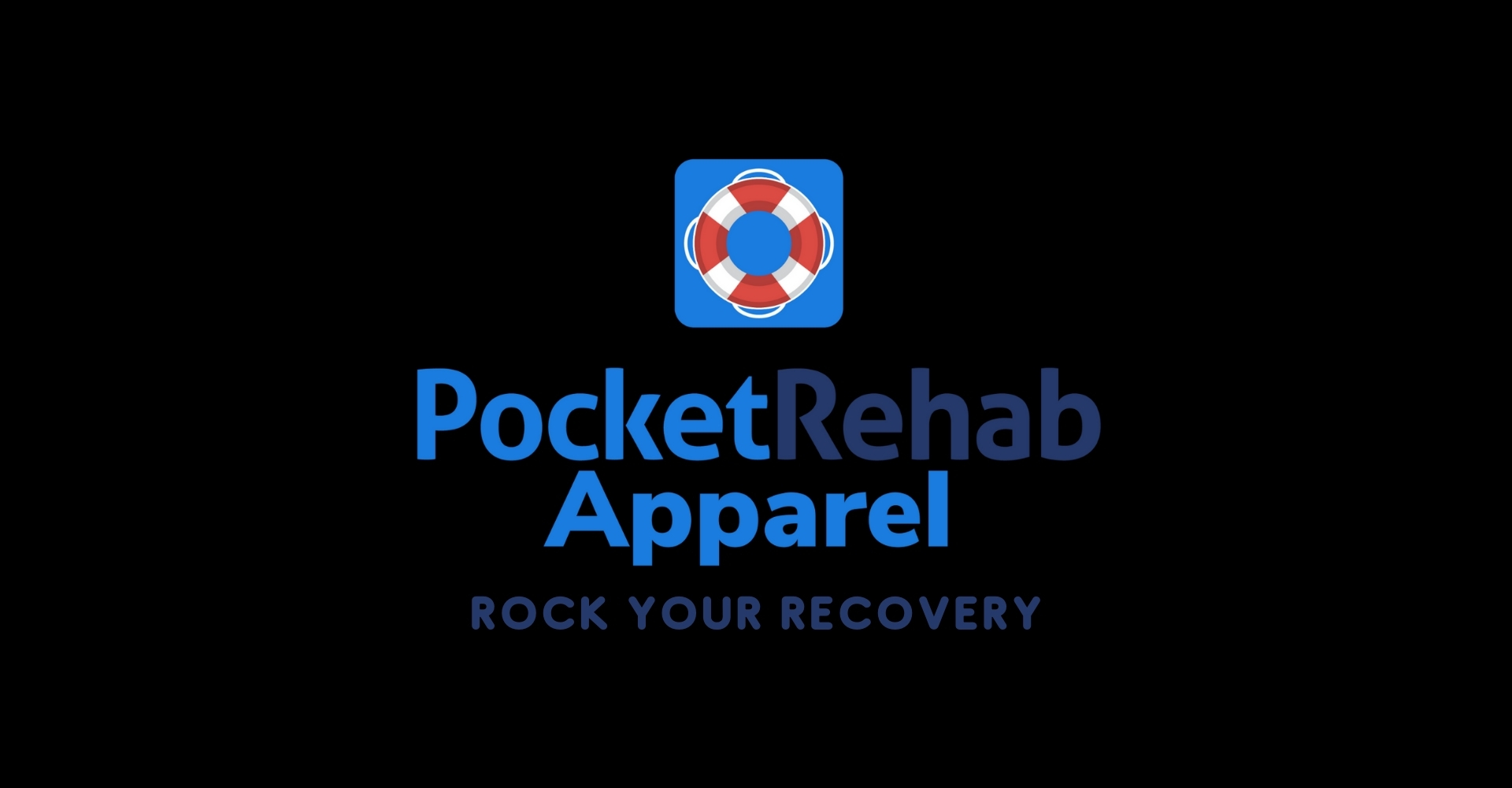Relapse Triggers: What to Avoid, How to Recognize Addiction Relapse Triggers, and How to Cope

Some believe that relapse is an inevitable element of addiction recovery, but this is not true. You do not HAVE to accept relapse and just deal with it. If it happens, of course you must deal and move on, but it does not HAVE to happen—there are ways to avoid relapse triggers and effectively cope without giving in. It all starts with becoming aware of the potential situations that may trigger you and learning how to cope with those triggers without the use of drugs or alcohol.
Identifying Relapse Triggers
Addiction is a tricky disease that often results in repeat use of drugs or alcohol despite even the best intentions to remain sober. Relapse is generally triggered by a situation, event, person, or place in time that leads you down a path of thinking about and subsequently using the substances that you had previously quit. These are all triggers and, some are easier than others to identify and cope with.
By definition, relapse triggers are, “social, environmental, or emotional situations that remind people in recovery of their past drug or alcohol use.” Using drugs or alcohol long-term will lead you to connect certain smells, people, places, or environmental elements as well as emotions and other cues to the substances that you abuse. Later on, these same cues can lead to what may seem like an uncontrollable craving to return to your substance of choice.
Learning how to identify the triggers that could lead to relapse can help you to avoid them or find ways to cope with them so that you can minimize your relapse risk. In identifying drug or alcohol use triggers, the National Institute on Drug Abuse mentions the following two types of triggers:
-
External triggers such as people, places or activities that elicit a craving.
-
Internal triggers such as the emotions, thoughts or feelings that elicit a craving.
External triggers are, by nature, easier to cope with than internal triggers. This is because many external triggers such as places or people, can be avoided altogether in early recovery and later re-introduced as you gain control over your addiction and feel more confident in your recovery. Internal triggers are more difficult to cope with because they include feelings and emotions that may be more difficult for you to just “shut off” or avoid.
External triggers include:
-
People such as your drug dealer or friends or family members that you used drugs with.
-
Places such as the neighborhood where you used drugs most or a bar or night club.
-
Objects such as drug paraphernalia, magazines or pictures, movies or empty pill bottles. Objects that may trigger substance use may also include things like money or credit cards which could lead you to begin thinking about purchasing drugs or alcohol.
-
Situations such as holidays or parties where you are accustomed to celebrating with drugs or alcohol.
Internal triggers include:
-
Feelings or emotions connected to your drug or alcohol use.
-
Fear or anxiety.
-
Guilt or shame.
-
Jealousy or overconfidence.
-
Hatred or anger.
-
Depression or loneliness.
-
Feeling overwhelmed.
You may recognize the potential for relapse if you pay very close attention to how you feel before you use drugs, how you feel when you are thinking about using drugs or alcohol, and how you feel when you actual relapse. Hopefully, you can avoid relapse all together, but if you DO relapse, pay very close attention to your feelings, your environment, and any other cues that may have been present in the days, hours or even minutes leading up to the relapse—are you able to notice anything specific? If so, you can now work hard towards avoiding or correcting those feelings next time so that you do not relapse.
What to Avoid
Certain situations or feelings are likely to make it difficult for you to say no to drugs or alcohol. While it’s easy to say, “avoid the places or people that you used drugs at or with.” It may not be so easy for you to do. Especially if you used drugs at home or at work, or if you substance abuse took place with a loved one.
When making a list of places, people or things to avoid in order to prevent relapse, consider the following high-risk situations:
-
People you used drugs with.
-
Your drug dealers.
-
Bars or night clubs where alcohol is served.
-
Parties where drugs or alcohol are present.
-
Negative behaviors or attitudes such as fighting with a loved one.
-
Music, tv shows or movies that mention drugs or alcohol.
What to Do Instead
Instead of spending time with the people that you used drugs or alcohol with previously, consider spending time with new friends that you have met in AA, NA or through a recovery app like Pocket Rehab. Sharing time with others that are also in recovery is a great opportunity to grow and heal with less risk of relapse along the way.
Watch a feel-good tv show or movie that is sure to not have references to drugs or alcohol. If you’re in the earliest stages of recovery and at your greatest vulnerability, you may want to limit your exposure to shows to those that are only rated G or PG. This way you can be sure not to be exposed to something that discusses the substances that put you at risk of relapse.
Instead of going to a party or a night club where drugs or alcohol may be present, how about planning a get together of your own? You could have some of your sober friends over for a get-together and play board games, cookout, or enjoy outdoor games such as horseshoes or similar activities.
Coping with Triggers
Triggers may appear in an instant and could be beyond your control to manage. So while you may avoid some, and you may learn how to cope with others, it’s important to recognize that you cannot avoid everything and you must, therefore, be prepared to react in a positive manner without resorting to drugs or alcohol each time you feel a craving come on.
Asking yourself healthy questions about your feelings can help you to transition past the craving into a safety zone. If you’re feeling triggered, first as yourself, “Can I leave this situation to get away from the trigger?” If you can easily leave without harm, do it!
If you cannot easily leave, or if leaving won’t help you to avoid the trigger (because it’s emotional or otherwise something you cannot walk away from) ask yourself, “are the feelings I have warranted? Is there something else that I could do to feel better?” If your cravings are the result of anxiety or fear or a situation in which you are subjected to objects that are making you uncomfortable, is there something you can do to CHANGE the feelings? If so, do it!
Ask yourself the following questions to cope with internal struggles:
-
Can I change this feeling by changing my current activity or behavior?
-
Can I avoid this feeling in the future by NOT doing this again or by altering what I am doing so that I do not feel this way?
-
How can I alter my perception of this situation so that I CAN face it in the future without feeling like this?
-
What kinds of healthy behaviors could I elicit right now instead of using drugs or alcohol?
-
Am I engaging in a behavior, situation or event that is placing me at risk?
-
Am I actively TRYING to avoid difficult situations like I should be?
Recognizing situations and the routines or behaviors that are responsible for relapse early on can help you to avoid repeat occurrences long-term. Although you may think it’s impossible to cope with certain triggers without turning back to your old ways of substance abuse, this is untrue!
Over time, you will begin to find that you routinely avoid situations that trigger you with ease. Over time, you will find that you now know what to look out for, what you can handle, and what you can’t—with ease. Over time, you will heal!
Need Support?
If you’re still looking for ways to get the support you need in recovery, consider Pocket Rehab. You’ll find others in recovery that can help you remain accountable and who can answer questions that you may have about avoiding relapse or coping with triggers. Take it from people who have been down the same path—get encouragement and advice from those who are there to help you grow in your sobriety.
Download the app today and begin tracking your recovery progress with others!
Tags: relapse triggers, relapse, triggers, addiction relapse, addiction recovery, recovery apps, sobriety apps, rehab apps





